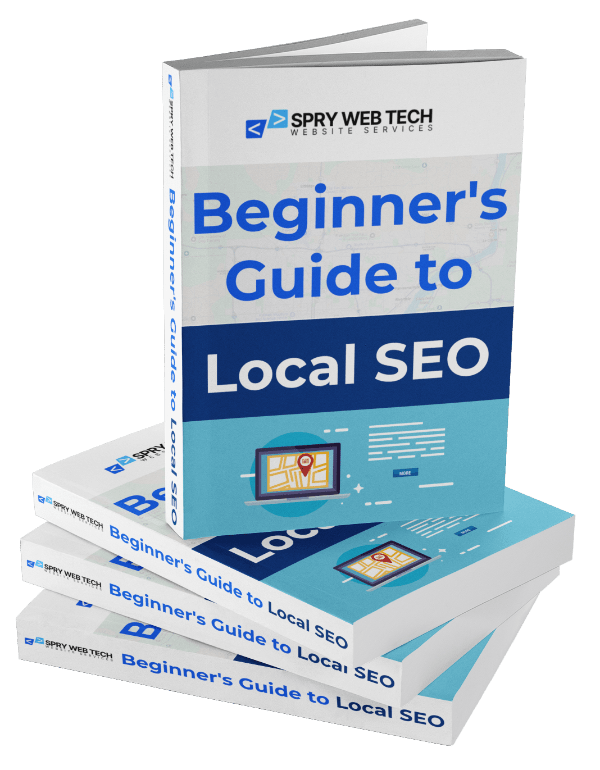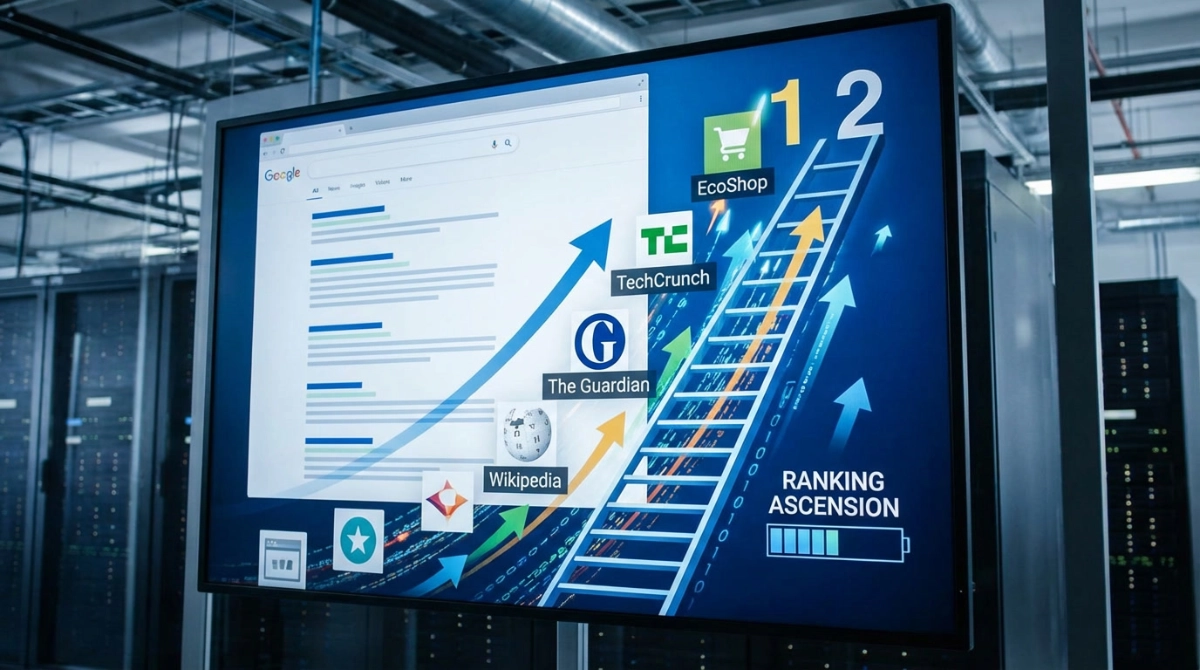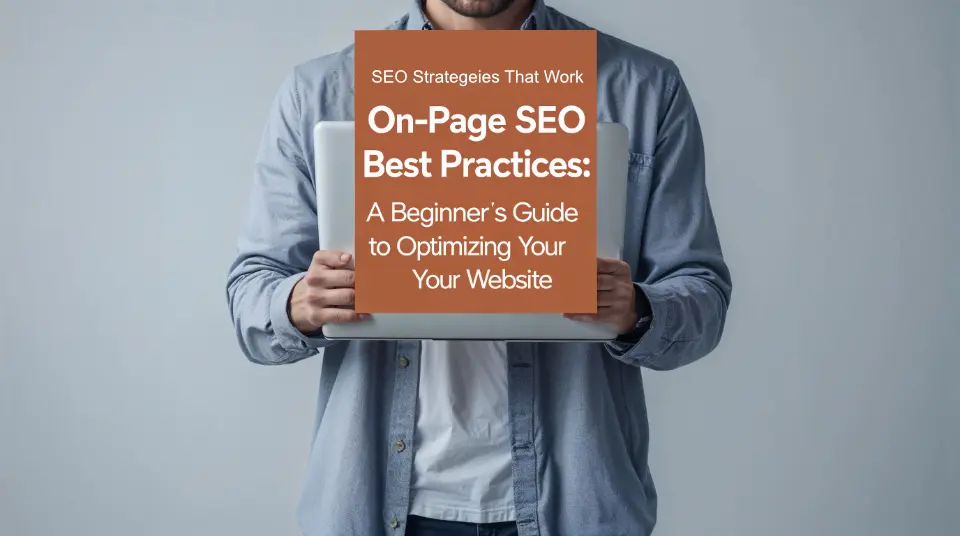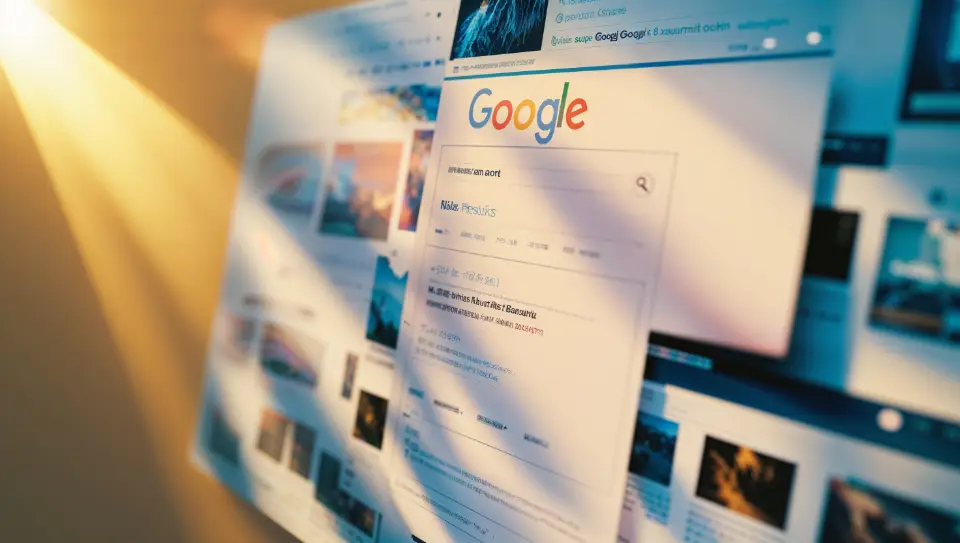Introduction
In today’s competitive landscape, businesses must navigate various digital marketing strategies to optimize their online presence. Among these, Pay Per Click (PPC) and Search Engine Optimization (SEO) stand out as two primary methods for driving traffic and increasing visibility.
Understanding the pros and cons of Pay Per Click and Organic SEO is essential for making informed decisions.
- PPC offers immediate results, enabling you to reach potential customers quickly.
- SEO focuses on long-term growth, enhancing credibility through organic rankings.
Integrating both techniques can provide a comprehensive approach that maximizes benefits. This article delves into the intricacies of PPC versus SEO, exploring their individual strengths and weaknesses. By evaluating both strategies, you can determine the best investment for your business’s unique needs.
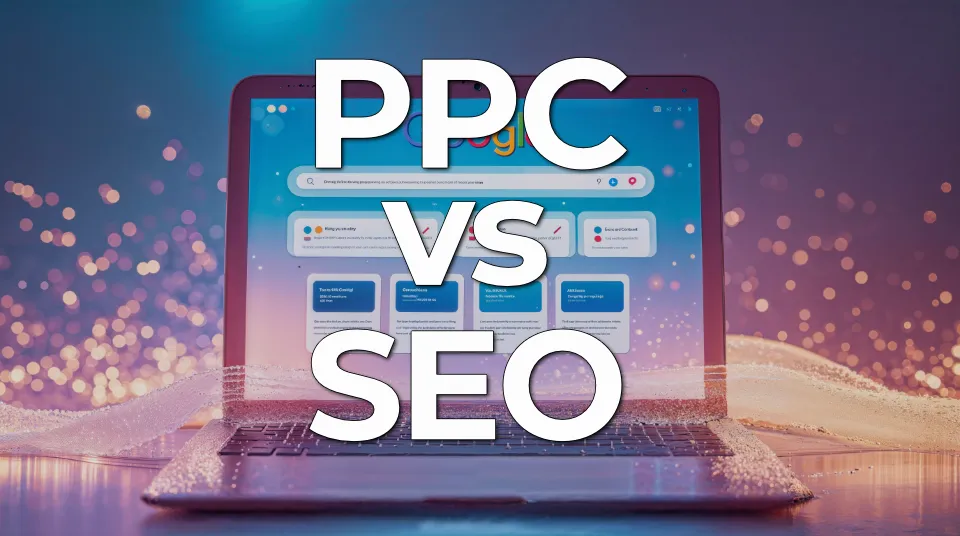
Understanding Pay Per Click (PPC)
Pay Per Click (PPC) is a digital advertising model where advertisers pay a fee each time their ad is clicked. This method allows businesses to bid on keywords related to their products or services, placing their ads at the top of search engine results pages (SERPs).
Key Advantages of PPC
- Immediate Visibility and Traffic Generation: PPC campaigns deliver quick results. Ads can appear on search engines almost instantly, driving immediate traffic to your website.
- Precise Targeting Capabilities: Advertisers can target specific demographics, locations, and user behaviors. This targeting ensures that ads reach the most relevant audience for your business.
- Budget Control and Flexible Spending: You have full control over your advertising budget. Set daily or monthly spending limits and adjust bids based on performance metrics, ensuring efficient use of resources.
Disadvantages of PPC
- Cost Implications and Potential for Overspending: While PPC can be cost-effective, poor management can lead to overspending. Bidding wars on competitive keywords may increase costs significantly.
- Ad Fatigue Among Users Leading to Reduced Effectiveness: Users may experience fatigue from seeing the same ads repeatedly, which can decrease click-through rates over time. Regularly refreshing ad content is essential.
- Dependency on Ongoing Investment for Results: Unlike SEO, which can yield long-term benefits, PPC requires continuous funding. Once the budget runs out, visibility disappears immediately.
Understanding the intricacies of PPC allows businesses to make informed decisions about their advertising strategies. By weighing both the advantages and disadvantages, you can determine how PPC fits into your overall marketing plan in comparison to other methods like SEO.
Exploring Organic Search Engine Optimization (SEO)
Search Engine Optimization (SEO) refers to the process of enhancing a website’s visibility in organic search results. This strategy is essential in digital marketing, as it attracts traffic without incurring direct costs per click, unlike PPC.
Benefits of SEO
Implementing effective SEO strategies offers several advantages:
- Sustainable Long-Term Traffic Generation: Once a website achieves higher rankings, it can continue to generate organic traffic without ongoing expenditure on ads.
- Enhanced Credibility: High search engine rankings foster trust among users. Being listed on the first page signals authority in your industry.
- Improved User Experience: SEO focuses on optimizing website structure and content, which leads to better engagement metrics. A well-optimized site encourages longer visits and lower bounce rates.
Challenges of SEO
Despite its benefits, businesses must navigate various challenges when implementing SEO:
- Time Required to See Results: Unlike PPC, which delivers immediate visibility, SEO requires patience. It often takes months to notice significant changes in rankings and traffic.
- Vulnerability to Algorithm Changes: Search engines frequently update their algorithms. These changes can dramatically affect a site’s ranking, requiring ongoing adjustments to maintain visibility.
- Continuous Quality and Technical Expertise Needed: Effective SEO is not a one-time task. Regular updates and high-quality content are necessary to stay competitive. Businesses may need to invest in skilled personnel or external agencies for technical optimization and content creation.
Understanding these aspects of organic SEO provides valuable insights for businesses considering their digital marketing strategies. Balancing the benefits against the challenges allows for informed decision-making when integrating SEO with other tactics like PPC.
Comparing PPC and SEO: A Side-by-Side Analysis
When evaluating PPC vs SEO, it is essential to consider the distinct attributes of each approach:
- Immediate Results vs Long-Term Sustainability:
- PPC offers quick visibility, allowing your ads to appear at the top of search engine results instantly. In contrast, SEO requires time to establish authority and rankings, resulting in slower but sustainable traffic generation.
- Cost-Effectiveness Over Time:
- While PPC can generate fast returns, costs can accumulate rapidly, especially without proper management. SEO, although initially resource-intensive, leads to organic traffic that doesn’t incur additional costs per click in the long run.
- Flexibility in Adjustments Based on Performance Data:
- With PPC, you can quickly tweak campaigns based on real-time performance metrics. This agility allows for immediate optimization. SEO adjustments take time and often require extensive strategies to see changes reflected in rankings.
- Authority Building Under Organic Search:
- High rankings achieved through SEO foster trust and credibility with users. This organic authority enhances brand perception over time. In contrast, PPC lacks this inherent trust factor since ads are paid placements.
Understanding these pros and cons of Pay Per Click and Organic SEO aids in making informed decisions tailored to your business goals and marketing strategies.
Which Strategy is Right for Your Business?
Choosing between PPC and SEO requires careful consideration of several factors:
1. Assessing Business Goals and Objectives
Define what you want to achieve. Short-term sales boosts may favor PPC, while long-term brand recognition aligns with SEO.
2. Analyzing Budget Constraints for Advertising
Determine your advertising budget. PPC can be costly with ongoing fees per click, while SEO involves upfront investment in content and optimization but can yield free organic traffic over time.
3. Considering Desired Timelines for Results
Identify how quickly you need results. If immediate visibility is essential, PPC delivers traffic promptly. SEO, though effective, often takes time to build momentum.
4. Evaluating Overall Marketing Strategies
Reflect on how each strategy fits into your broader marketing approach. If your focus includes building authority and trust, a solid SEO foundation may be vital. Conversely, if agility and rapid testing are priorities, PPC could be the better fit.
A strategic evaluation of these elements helps align your digital marketing efforts with your unique business landscape. Understanding your priorities leads to informed decisions that cater to specific needs and circumstances.
The Benefits of an Integrated Approach: Combining PPC and SEO
Utilizing an integrated marketing strategy that leverages PPC and SEO together can yield significant advantages for your business. Here are some compelling benefits:
1. Immediate Traffic Generation
PPC campaigns can provide instant visibility, directing traffic to your site as soon as the ads go live. This is particularly useful for new businesses or during product launches.
2. Building Organic Visibility
While PPC drives immediate traffic, SEO works in the background to enhance your organic search presence. A well-optimized website not only attracts visitors through paid ads but also creates a sustainable flow of organic traffic over time.
3. Case Study Example
Consider a retail brand that used PPC to promote a new line of products. The initial surge in traffic allowed them to gather data on customer preferences. They then leveraged this data to refine their SEO strategy, targeting keywords that resonated with their audience. As a result, they saw a 40% increase in organic search traffic within six months.
Integrating both strategies allows businesses to harness the strengths of each approach, creating a robust online presence and maximizing marketing efforts. By combining the immediacy of PPC with the longevity of SEO, companies can achieve optimal growth and visibility in competitive markets.
The Right Solution for Your Business?
Evaluating your individual business needs is crucial before deciding on a strategy. Consider the following factors:
- Business Goals: What are your short-term and long-term objectives?
- Budget Constraints: How much can you allocate for digital marketing?
- Desired Timelines: Are you looking for immediate results or sustainable growth?
- Marketing Strategy: How do PPC and SEO fit into your overall marketing plan?
Final thoughts on PPC vs SEO suggest that each method has its unique strengths.
Pros and Cons of Pay Per Click and Organic SEO:
- PPC: Immediate visibility, but potential for overspending.
- SEO: Long-term sustainability, yet requires time and expertise.
Leveraging both tactics can lead to optimal growth, combining the quick traffic generation of PPC with the lasting benefits of SEO. Evaluate your specific circumstances to make informed decisions that align with your business objectives.

